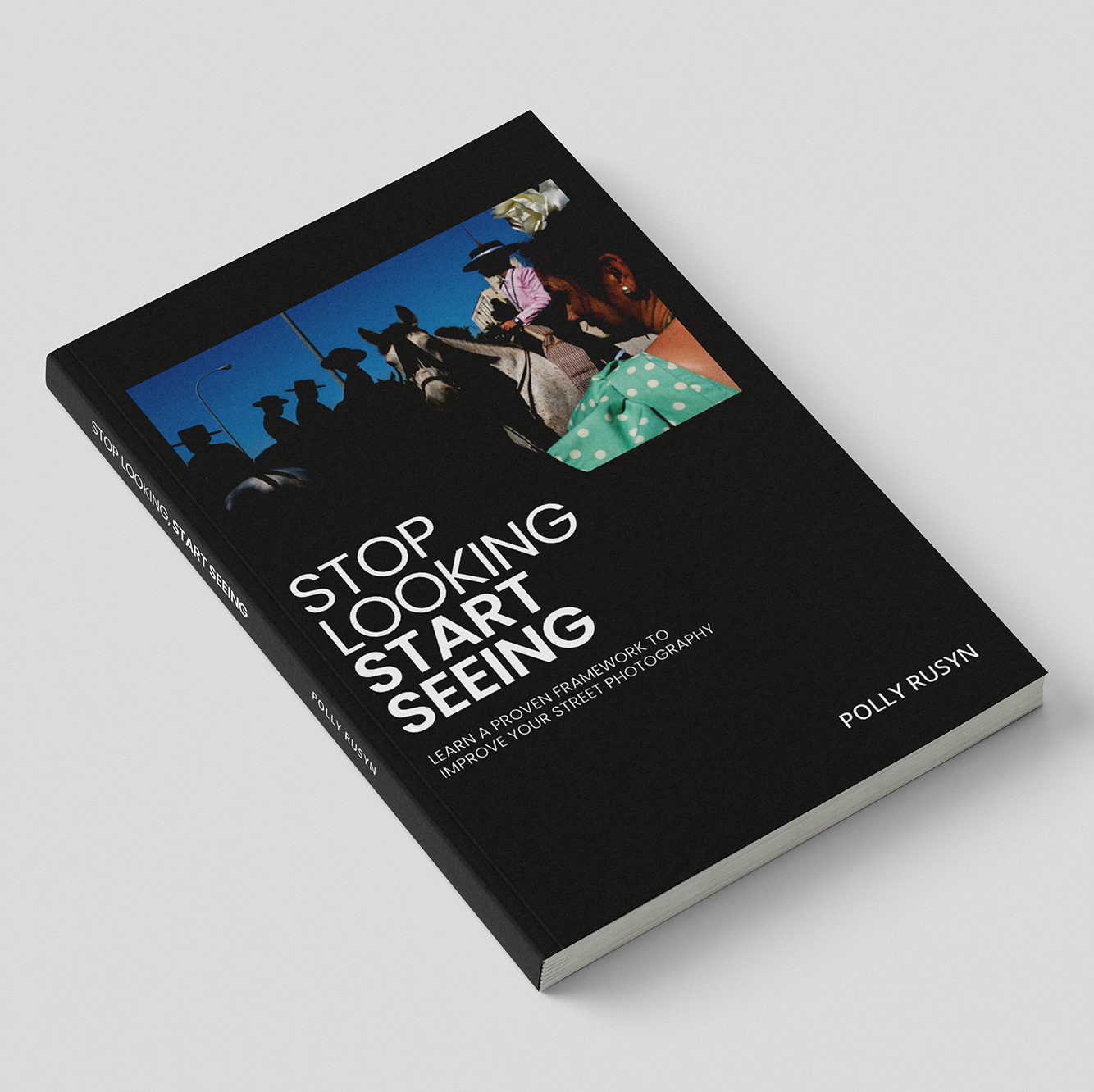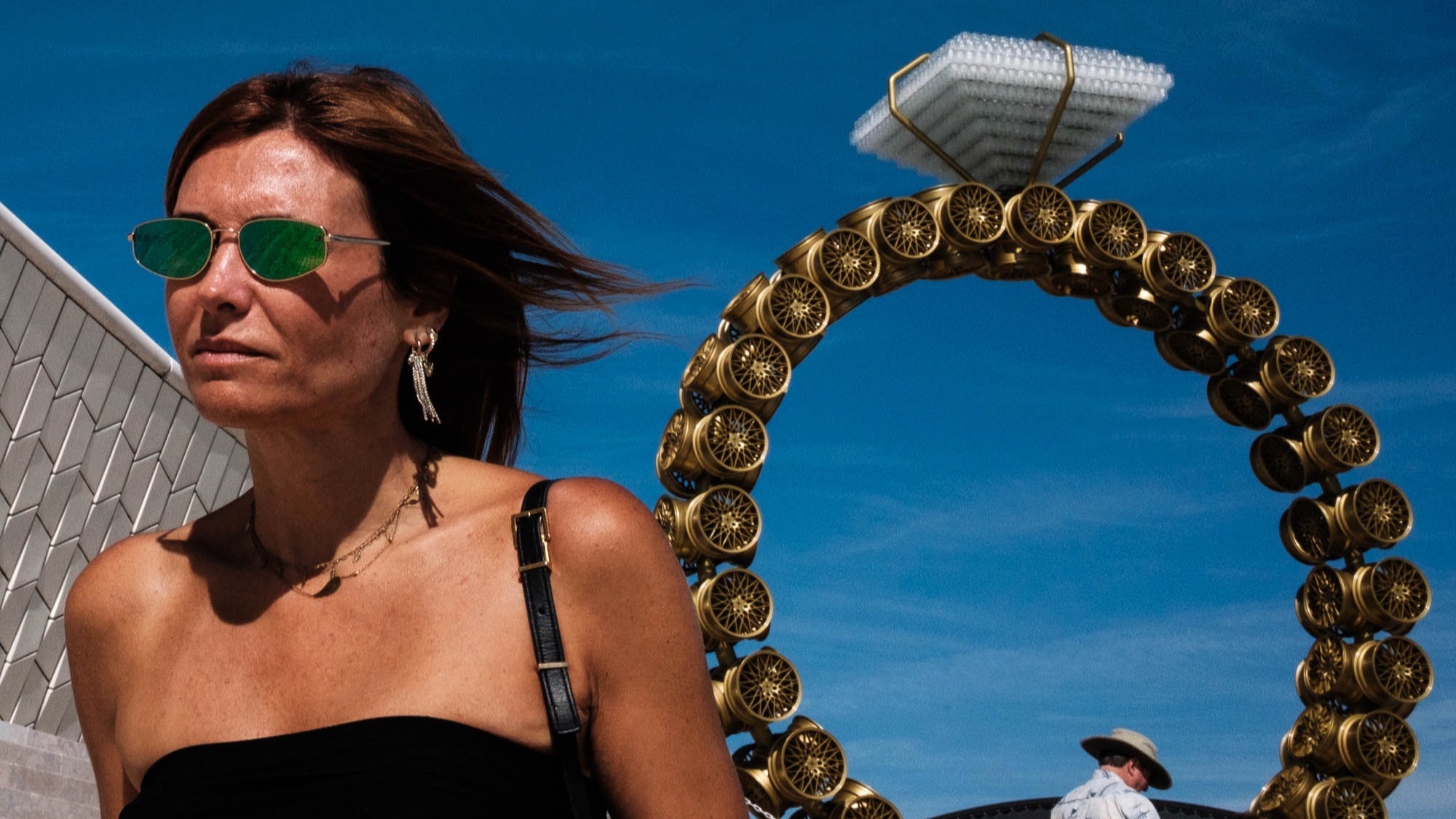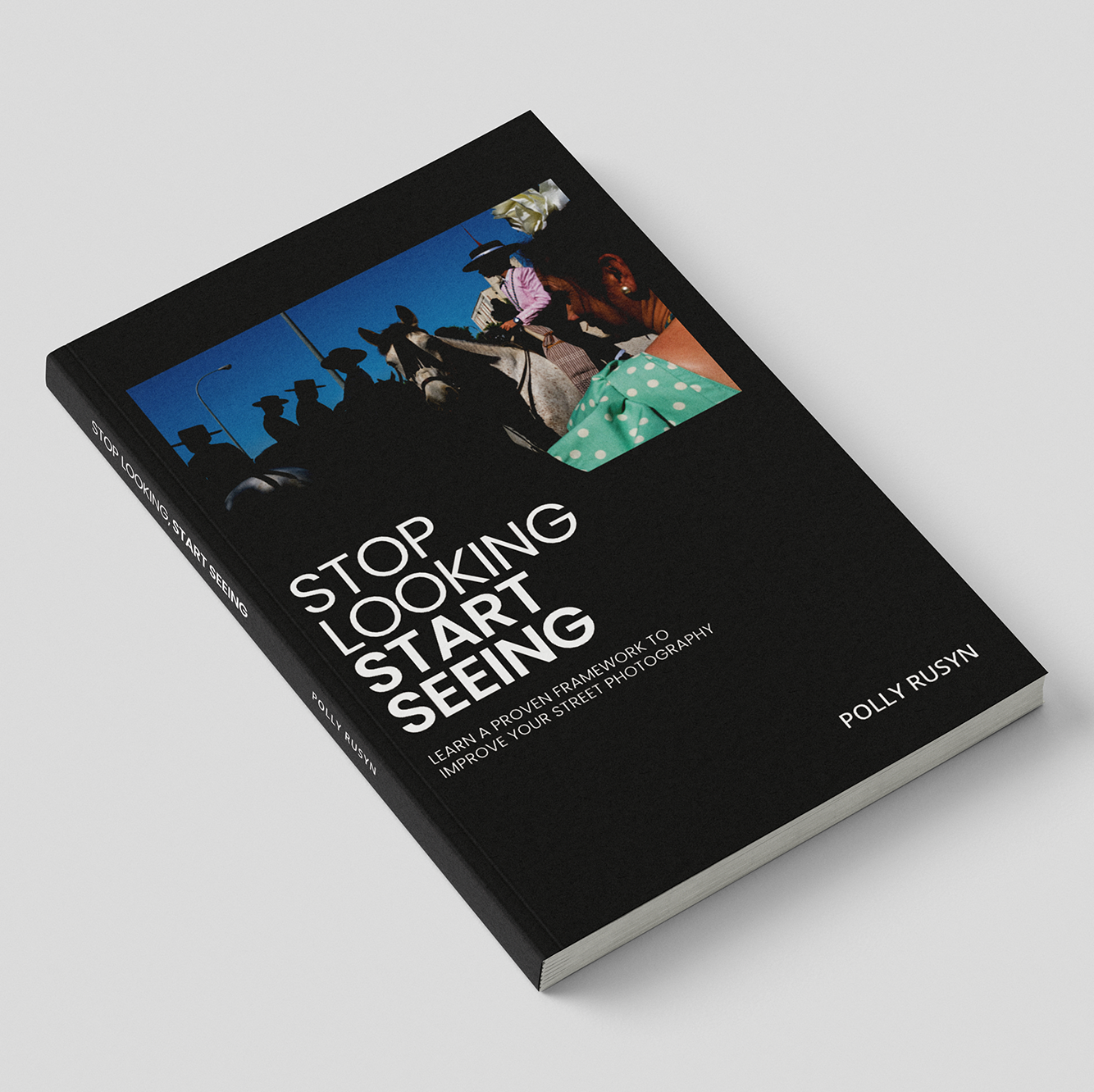Beginner Photographers Dark Night Of The Soul And Why It Matters

You don't know what you don't know. But know this - if you haven't been in the "Valley of Despair" you are stuck and not growing as a street photographer.
This article comes to you inspired by a conversation on Twitter.
A fellow photographer was despairing about the way so many mediocre photos on social media are praised and applauded, which means the result will be that mediocre work becomes the norm.
Another observed that a lot of people don't like their photos being criticised and claim "art is subjective" rather than address the lack of an interesting moment, bad light, or poor composition.
I believe this is a beginner thing. You start out taking photos and you think you have more “keepers” than you know what to do with, but as you become more discerning, you realise your photos are poop, you become depressed, and go through the dark night of the soul, but you come out stronger with a spring in your photography step! And yes, I'm speaking from experience (those dark times are still a very vivid and painful memory...)
Some folks, however, get stuck in this "beginner mode" thinking they just can't stop taking great photos and wondering why the likes of Henri Cartier-Bresson (so-called Godfather of street photography) believed your first 10,000 photos are your worst (the audacity), or why the most famous contemporary street photographers feel good if they get just one or two "keepers" from a day of shooting (lame). If this is what you are thinking you might be a wee bit stuck...
I also learned through this Twitter convo that breaking out of "beginner mode" and wanting to throw your camera away is part of a process called the Dunning-Kruger effect.
And here's a handy diagram:
Side note: I love how another photographer described the first part as the "Mountain of Stupidity" and the dip as the "Valley of Despair"!
So, if you haven't yet entered the "Valley of Despair" on your photographer's journey you are probably most definitely stuck in "beginner mode" even if you're no longer a beginner as such.
But maybe you don't care. Photography is meant to be fun and if you enjoy taking photos for the enjoyment of taking photos then that's cool. But it's a pretty safe bet that if you haven't yet gone through the dark night of the soul and questioned your work that it probably ain't all that.
I am, of course, happy to lead you to your darkest time as a photographer (in the nicest possible way) by giving you feedback on your work!! I'm not here to crush anyone's soul though, because I believe everything is learnable, and I have a strict policy of pointing out what works, and where the potential lies, as well as what doesn't.
But you don't have to pick me for a review. Pick anyone whose work you enjoy. Get the PhotoWhy app and get free reviews for each photo you upload from three different photographers!
Alternatively, study successful photographers' work that you enjoy (because, yes, art is subjective to a point, and there is no point in studying photos you hate). Reverse engineer your favourite street photographer's photographs by looking at composition themes, types of moments that are being photographed, stories and characters that are being captured. Then look at your own work with the same eyes and you should start seeing it differently...
By the way I don't think the dip in the graph is a one-and-done thing either, so as you progress you could dip again (I have) and then improve your discernment again, leading to taking different and better photos, except it won't be as painful because you'll know it's part of the process.
Welcome the "Valley of Despair." Welcome it.
BTW Henri Cartier-Bresson is actually an excellent photographer to study for anyone at any stage of their photography journey 📸







